OPINION: Social media is an echo chamber
Social media is one of the hallmark innovations of our generation. It brings us humor, entertainment, and community. Most platforms nowadays are designed to bring each user the most tailored, personalized experience on the app to keep them coming back for more.
The platforms use algorithms to analyze what posts a user likes or interacts with, and they show them more content with similar tags or that people with similar viewing habits also interacted with.
Social media is awesome, and there’s no doubt about that. I can get on my phone and learn how to cook Korean tteokbokki, how to do the most intense special effects makeup, and read someone’s hot take on capitalism — all in under five minutes. And the more I interact with these videos, the more I like them, the more I’ll see.
This isn’t always a good thing. It creates a kind of loop or echo chamber that I’m unable to escape. And while being able to binge on content I like is fun, if it’s misleading or increasingly radical, it has the ability to morph the way someone thinks.
One of the first things I learned in a political thought class is to constantly surround yourself with opposing thoughts and ideas. By doing this, you challenge yourself and your viewpoints and learn what you actually believe. However, online algorithms do the exact opposite. Everyone’s beliefs are being immediately validated, and then deepened with the next post. Self-analysis has become a thing of the past.
The echo chamber of social media has enabled harmful and false speech to dominate people’s political thought.
From conspiracy theories about space lasers to fake stories about what political figureheads are saying, online political commentary accounts are free to put whatever it is they want to say online, regardless of its veracity.
Their viewers become more and more unwilling to challenge themselves or to have conversations with people of varying beliefs.
The youngest generations are becoming more and more radical every day. That’s not necessarily a problem, though. The problem lies in the reason and depth of the radicalization. People are self-identifying as fascists or as communists without even knowing what those words really mean, and then they cite their TikTok account for what beliefs they have. And the political environment is suffering for it.
As more and more people push further into each side of the aisle, American politics is nearing a stalemate. Leftists are refusing to participate in politics, Democrats are split between the young and old members, far-right conspiracies are dominating Republican thought, and the moderates that could bridge the gap between the two are becoming few and far-between.
People are arguing online about conspiracies and pushing for either far-right or far-left political correctness, but nothing in the real world is actually getting done. It’s getting dangerous.
There have been mass shootings attributed to social media outlets, such as the New Zealand Christchurch shootings in 2019. People that are already radical are being inundated with content that is even more radical, pushing them deep into a rabbit hole of content designed to keep them ingesting more.
The online echo chamber is getting out of control, and with media outlets being unwilling, or even unable, to filter out harmful content, there seems to be no hope for getting people out of the cycle. It’s up to each individual now to critically analyze their beliefs and the media they consume, but fewer and fewer people are willing to do it.


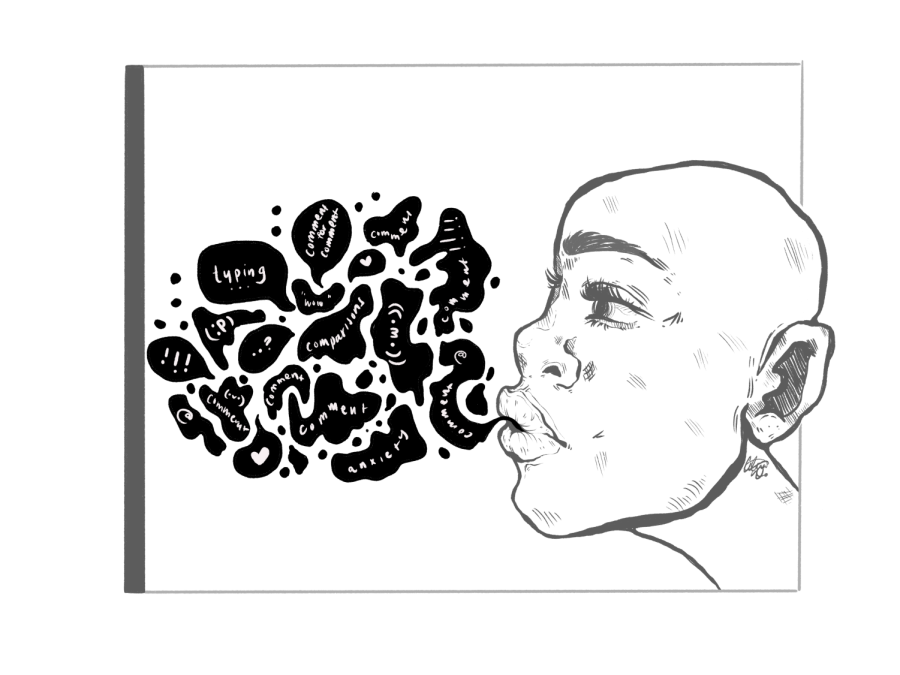

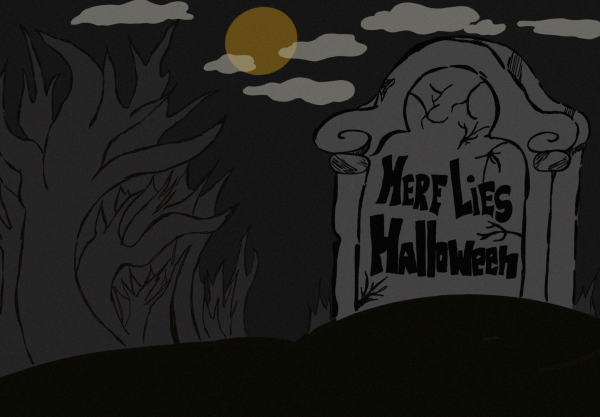
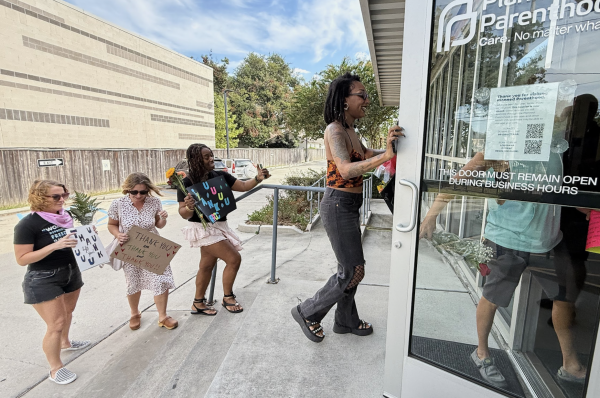



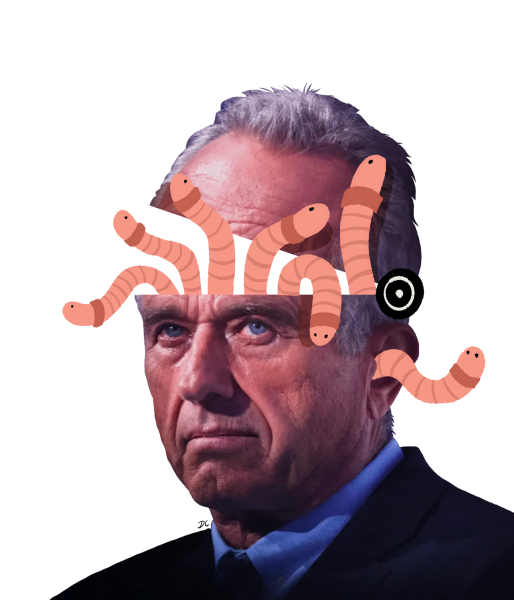
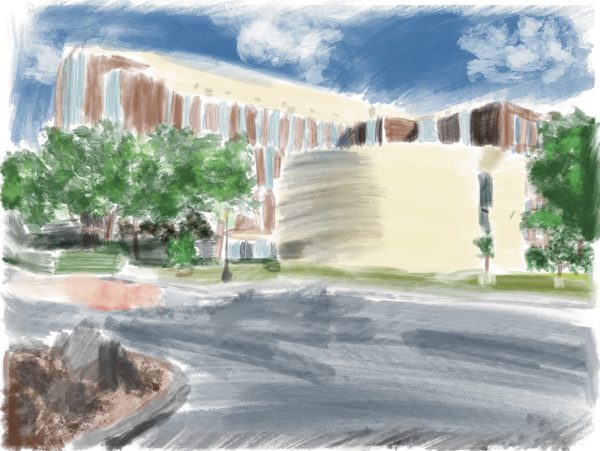
Matthew • Oct 19, 2021 at 10:31 am
Hi there,
I have really enjoyed your perspective. I am creating a podcast on the damaging effects of echo-chambers and I would love to have your input. Please let me know if this is something of interest to you at
[email protected] – Thank you.